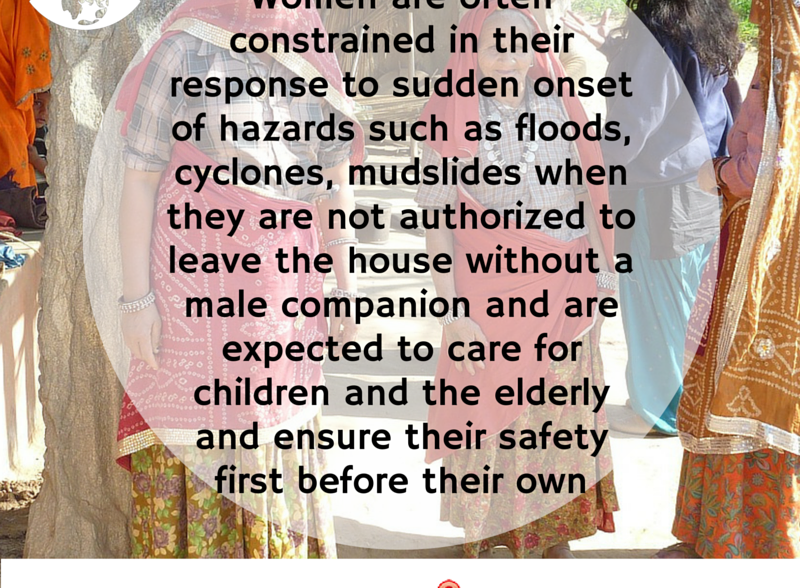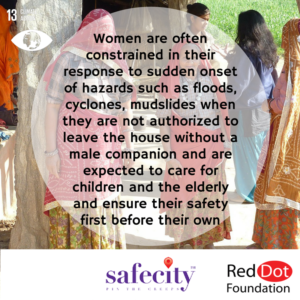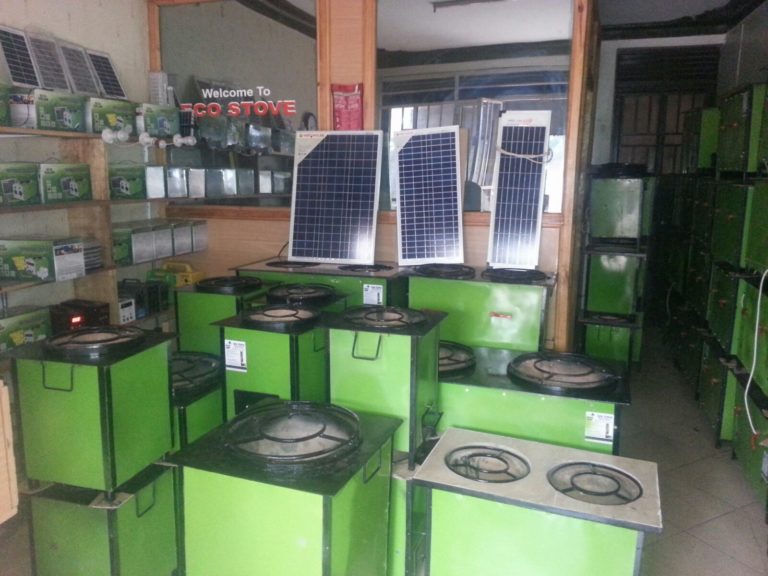Women & Climate Action

Avijit Mondal from Kolkata is pursuing his Master’s Degree in Mathematics. He is a bibliophile with a passion for food and is a movie buff. Safecity is his first venture into Blogging. One of his favourite quotes – “One could never count the moons that shimmer on her roof or the thousand splendid suns that hide behind her walls”.
Women & Climate Action
At first glance, climate change and gender inequality may seem to be two topics that aren’t correlated but a thorough observation might urge us to think otherwise. Climate change poses severe threats to all of humanity. However, it affects women and men differently. In developing countries such as India, a large number of rural women spend a disproportionate amount of time searching for the daily necessities such as food, fuel and water. They struggle to grow crops. Here, the differentiated impact becomes clearly visible.
As a matter of fact, more than 70% of the world’s poor are female and they are evidently more vulnerable to the impacts of climate change such as floods, drought, extreme weather conditions and reduced food and water security than men. This can be readily observable when a natural disaster strikes such as the 2004 Asian Tsunami. The disaster killed more than 2,20,000 people in over 12 countries leaving more than 1.6 million people homeless but shockingly enough some recent surveys have escalated the fact that four times as many women than men were killed in the Tsunami-affected areas of Sri Lanka, Indonesia and India.
The main reasons being – a similarity in all these countries – the female members stayed behind looking for their children and relatives. Women in these areas were amateur swimmers and inept at climbing trees which meant that they were unable to escape. Furthermore, close observation may reveal more terrifying trends, as, in the aftermath of this cataclysmic disaster the refugee camps became overcrowded and due to the imbalanced male-to-female survival ratio, females became more vulnerable to verbal and sexual harassment at the hands of men. On the whole, the tsunami had several catastrophic impacts on education, livelihood and the reproductive health of females.
Besides the above mentioned facts, we must not overlook the current reality in most developing countries where climate change causes major ramifications to food and water resources and in a country where 45-80 % of food production and more than 2/3rd of the agricultural labour force is mainly dependent on women, it’s absolutely fundamental that the rights of rural women are ensured in terms of food security. Women, however, play a key role in mitigating and adapting to climate change. They are mainly involved in food production, household water supply and energy for heat and cooking which gives them an upper hand in understanding the changing environmental realities and ways to overcome them.
Female entrepreneurs have enormous potential in creating a sustainable environment that is both productive and safe but sadly more often than not, these amazing contributions go unrecognized. Most of us do not know about Rose Twine, the Inventor of an Eco-friendly oven called the ‘Eco stove’ which has revolutionized millions of homes in the developing countries of South America and Africa.
According to W.H.O more than 4.3 million people die annually as a result of hazardous household air pollution and it does not come as a surprise that the idea behind this Eco stove is a major corner stone in building more efficient and Eco-friendly households. Females are faced with difficulties when it comes to general accessibility of financial resources and use of technology, especially in a still predominantly patriarchal country like India. They do not get the same importance as men in shaping decisions that could lead us towards a sustainable world.
Four areas have been identified as building blocks in response to climate change: mitigation, adaptation, technology transfer and financing.
Mitigation involves a process of curbing greenhouse gas emissions from human activities, adaptation involves a range of activities to reduce vulnerability and build resilience in key sectors, such as water, agriculture and human settlements. New and improved technologies and financing initiatives at all levels also need to receive attention as part of the collective efforts to address climate change. Each of these four criterion demands active participation of women.
So, it’s absolutely necessary that we have gender sensitive climate policies and that we get a larger number of women more involved in the decision making process. Only then will we be able to build a better and feasible society where we all will be able to nurture a healthier relationship with nature which will thus enable us to take the necessary steps to mollify climate change and its adverse effects.



